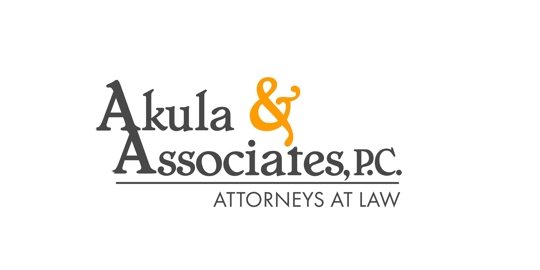After a greatly resisted start, Trump’s executive order which issued a travel ban to many Muslim-majority countries has begun to be implemented. This month saw several rulings contesting the terms of the ban, and other rulings fighting back. This month, the Supreme Court issued a decision to leave parts of the ban in place, providing the Trump administration a short-term win.
On September 7, 2017, the Ninth Circuit Court of Appeal in San Francisco made a ruling on the ban that exempted refugees who had a formal assurance from a refugee resettlement agency. This ruling had cleared the way for as many as 24,000 refugees to enter the U.S., based on the formal assurance that one of a number of nonprofit groups was prepared to receive these refugees. Administration attorneys stated that these allowed refugees did not qualify for exemption due to the fact that they had no formal relationships or previous contact with anyone in the U.S.
On September 12, the U.S. Supreme Court issued a brief order barring the Ninth Circuit’s ruling. In light of this order, refugees who intend to enter for the sole purpose of establishing a “bona fide relationship” with a person or entity in the U.S. are banned from entry under Executive Order 13780. There are some refugees who are still exempt from the ban.
Refugees who are a part of the Lautenberg Program should be permitted to enter the U.S. The program requires that refugees have a close familial tie with a resident of the U.S. in order to qualify for the program. The Supreme Court Ruling has not disturbed the Ninth Circuit’s ruling regarding the entry of grandparents, grandchildren, brothers- and sisters-in-law, aunt and uncles, nieces and nephews, and cousins of persons currently residing in the U.S. Those with a close familial relationship to an individual in the U.S. are exempt from the executive order. This definition of a “close familial relationship” is per the U.S. District Court for the District of Hawaii’s July 13, 2017 ruling.
Next month, the Supreme Court is set to rehear the arguments regarding the merits of the challenge to the travel and refugee ban. The travel ban, however, is only supposed to be in effect for a period of 90 to 120 days. By the time of the next hearing date, the issue may be seen as a past issue, despite the damage and potential legal issues of the ban.
If you or your loved ones may be affected by the revised travel ban, you should get in touch with our Dallas immigration law attorneys. Many of the protections for immigrants are in jeopardy, and Akula & Associates, P.C. understands the incredible importance of these protections to our clients. We are dedicated to fighting for your rights and we will do everything in our power to help you. With more than 30+ years of collective experience, we are well-equipped to tackle even the most complex immigration issues.
Contact our offices today by calling (844) 299-5003 to schedule a consultation.

